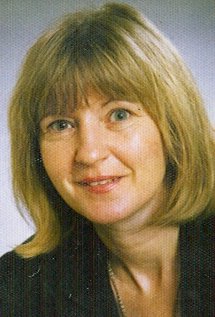Brigitte Unger, born in Güssing, Austria, in 1955. Ph.D. from the Wirtschaftsuniversität Wien. Professor of Economics at the Wirtschaftsuniversität Wien.
Fellow (1 September 1998 – 30 June 1999)
NIAS was the optimal place to spend a research year. The theme group on innovation to which I belonged was large, which allowed for the integration of many different disciplines. This made work harder but also more fruitful. I felt that inderdisciplinarity, though cumbersome, is worth the effort. The NIAS innovation group definitely had to overcome the language and conceptual differences of the different disciplines, notably economics, (organisational) sociology, political science and history. I think that the group managed this task very well.
I progressed in theory with my work. I arrived at NIAS with a first version of my book “Room for Manoeuvre, Choices Left for National Economic Policy”, with a static framework. I had measured the economic, political and social room for manoeuvre for eighteen countries, I could group countries into categories with more or less room for manoeuvre and describe their institutional features. However, I still lacked an idea why the room for manoeuvre differed amongst these countries. At NIAS (Nooteboom and Shanon) the idea of ‘learning’ caught my attention and might be a useful explanatory variable in my book.
I also explored a new field. Being an institutional economist, our group’s approach “National Systems of Innovation” meant that I had to apply my institutional knowledge to innovations, a field that was relatively new to me. To work with eight other scholars specialised in this field allowed me to get the most relevant literature in the shortest possible time.
